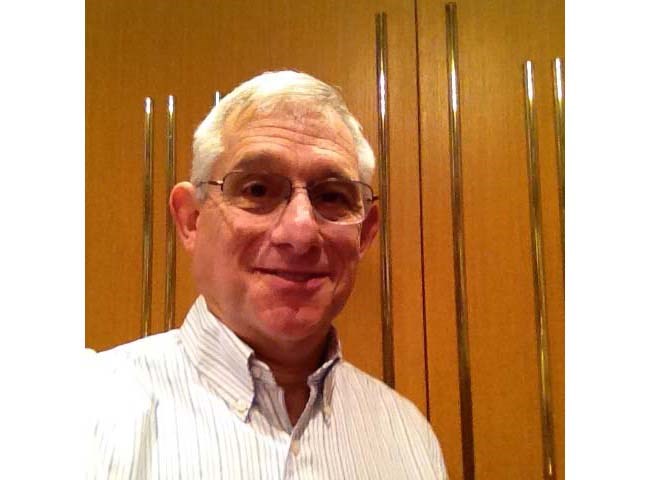Hanukkah is an eight-day festival beginning, this year, on Saturday evening, Dec. 24 and lasting through to nightfall on Jan. 1
As with other festivals in the Jewish year, there seems to be a dual origin to Hanukkah, both seasonal and historical.
The historical story is quite well known: the Maccabee family, led by brother Judah, led a revolt/civil war against the occupying Syrian forces and the assimilated Jewish temple leadership in Jerusalem around the year 165 BCE. They succeeded in forcing the Syrians to make peace and give them control of Jerusalem and its surrounding environs.
The Maccabees celebrated the victory with the inauguration of Hanukkah (a word meaning “rededication”).
Each subsequent year, the holiday was celebrated as a tribute to the Maccabean ruler in power.
By the 1st century of the Common Era, the rabbis of the Talmud had grown weary of this celebration honoring descendants of the original Maccabees, many of whom were no longer worthy of the tribute. Nonetheless, the holiday had found appeal among the people. For this reason, the rabbis introduced the “miracle of the oil,” attempting to divert attention on Hanukkah away from the Maccabees.
The ancient rabbis manufactured a tale of the Maccabees re-claiming the Temple and re-kindling the ancient Menorah (seven-branched candelabra) with a lone vial of oil. The miracle was that only enough oil for one day lasted eight days!
Not only were the rabbis concerned about paying tribute to less-than-worthy descendants, they were also opposed to celebrating a miracle of “a few prevailing against the many.” (A small group of Jewish rebels vs. a Syrian army.)
“Miracles,” such as this, encouraged zealotry in the place of reason and sensible decision, was their concern.
In modern times, we have come to understand the two stories of Hanukkah as one: The Maccabees gloriously re-conquered the Temple and discovered the single vial of oil that burned for eight days.
There is also a seasonal dimension to the holiday. Long before the Maccabees, there was some kind of established festival at this time of year. The festival had to do with the gradual increase in daylight after the ominous, steadily darkening days of late autumn. A number of legends connect Hanukkah with this winter solstice celebration. Another motif had to do with the kindling of fire, reported as an ancient Jewish custom at the dedication of the temple altar. A third motif related to the festival of Sukkot (an eight-day harvest festival in the early Fall).
Some historians believe the Maccabees were engaged in warfare during Sukkot and unable to celebrate it at its proper time. Therefore, when they concluded their victory the first thing they did was celebrate Sukkot for eight days. In subsequent years this winter celebration became Hanukkah.
However one chooses to understand the holiday or interpret its history, Hanukkah remains the most celebrated occasion on the Jewish calendar.
Rabbi Howard Siegel is the rabbi at Beth Tikvah synagogue in Steveston



